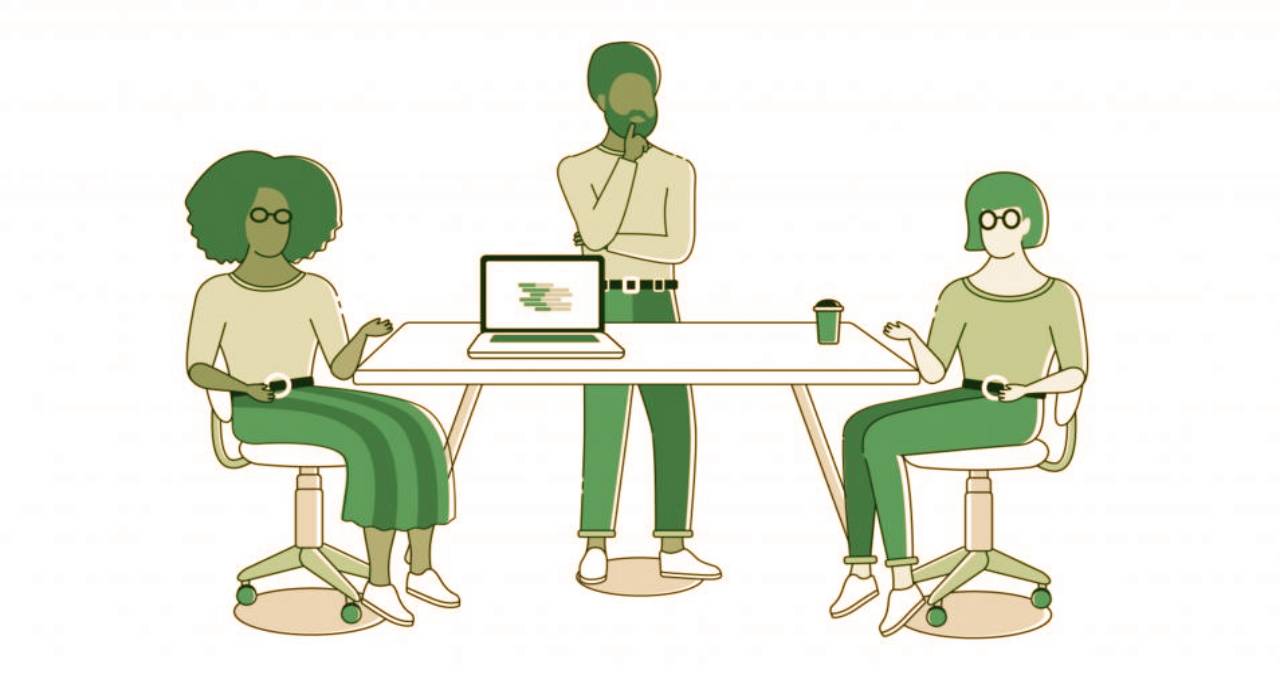We live in an increasingly digital world in which new technologies are completely changing the way we relate and communicate, to carry out our work, to access new professional opportunities and, of course, to train professionally or to provide knowledge to the new generations of ‘digital natives’ Do you know what Digital Culture is and how it will change our world?
What is Digital Culture
When we talk about the Digital Culture concept, we are referring to a term that goes far beyond its cultural aspect and refers us to a new way of relating in an increasingly digital world and in which new technologies have become protagonists. indisputable of our day today.
In this way, Digital Culture refers to everything that has to do with new technologies and their impact on our daily life. In this regard, when we refer to Digital Culture, we can establish a parallel with digital transformation from the point of view of companies: A change of mentality that implies thinking “digital” when facing the processes and mechanisms of making decisions. decisions and, of course, in the relationship with the outside world (clients, suppliers, new business, and communication channels …).
What changes in an increasingly digital world? To answer this question, it is necessary to look back and ask ourselves what our day-to-day life was like before the arrival of new technologies: how we looked for and accessed information, how we learned, related, bought, or what was a typical working day? remember?
All these behaviors have changed and, what is more important, they will continue to do so in the coming years as our relationship with technology continues to evolve and increasingly plays a leading role in our lives and in our way of finding solutions to tasks. more every day.
Digital Culture: How our world is changing
In this context, what changes are taking place, and which sectors are already beginning to develop the postulates of this Digital Culture? The list is extensive, since it refers to all aspects of our society, although schematically we can point out:
Education and training: Without a doubt one of the cornerstones of what we already understand as Digital Culture. New learning models that bet on the presence of social networks, methodologies based on the integration of audiovisual elements ( Flipped Classroom ), the presence of technologies such as 3-D printing, programming, robotics … In short, the promotion of STEM careers and knowledge marks the presence of millions of schoolchildren and make a new Digital Education more necessary than ever for both students and teachers.
Companies: The digital transformation processes that are taking place in our society focus directly on the structures and internal organization of companies: new leadership models in the digital age, a new profile of eminently digital employees, the need and the commitment For the digital disruption or the adaptation of the mechanisms and technologies present in the organizations, they will take a 180-degree turn in the coming years towards the digital transformation that goes far beyond digitization and is committed to a change of mentality towards that Culture. Digital of which we are all part.
Economy: Everything that has to do with Digital Culture also has its effect on the Economy: new consumer models, a substantial change in communication both from the point of view of the channels and the attention and satisfaction of a new demand model that requires new products and applications that are going to change our industry in an unstoppable way and that, each time are going to have much more weight in the GDP of the countries.
Entrepreneurs: Relations with companies, training, and opportunities of this new economy change for entrepreneurs who, as has happened with other revolutions, adapt to new models and acquire new skills and new work habits and, in the face of, All in all, they bet on specialization as an indispensable way to access new professional opportunities.
Cities and relations with the Administration: To speak of Digital Culture is to refer to everything that surrounds our life and that includes, of course, our society that, thanks to the impulse of ICT, advances unstoppably towards new models of Smart Cities that will change permanently the day to day of workers and relations with the Administration both from the point of view of communication, as well as internal processes and the requirements to access a job in it.
These are just a few examples that show a profound change in our society, economy, and our professional and personal relationships that, in the coming years, will compose a new social model that will lay the foundations for this Digital Culture that will transform our world.

